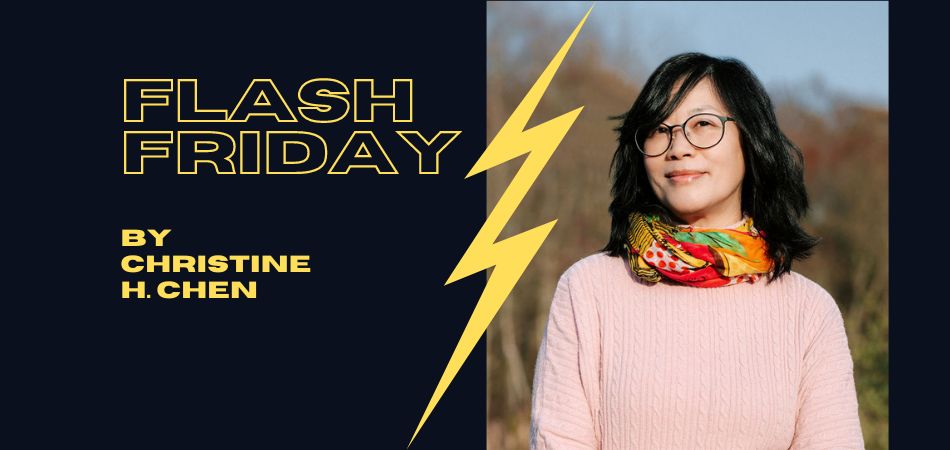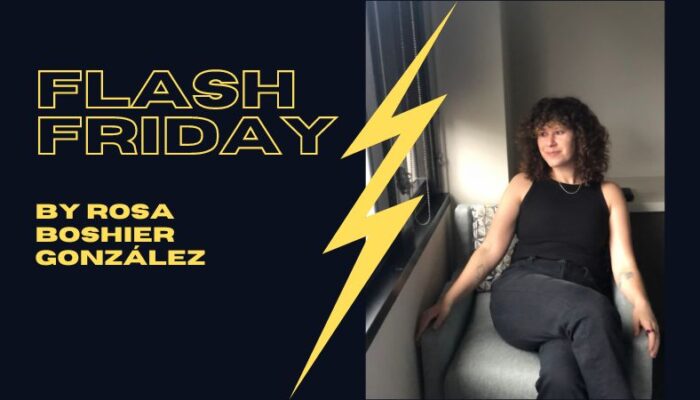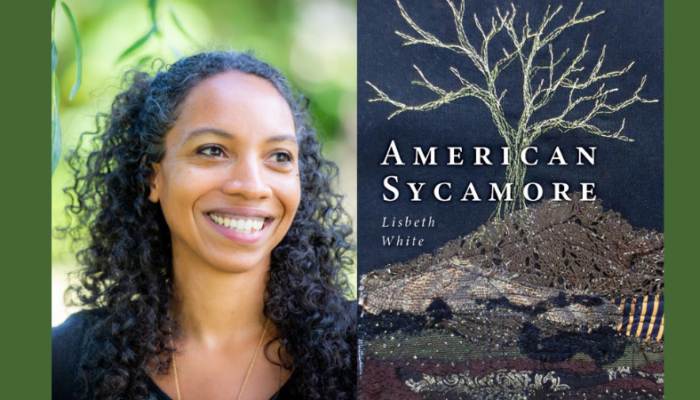Fifth Uncle calls Mother a Raging Rooster, and not even behind her back. She was born the year of the Rooster and is feisty like one. He is a Mouse, mischievous, unafraid of the Rooster’s wrath. They say Mouse gets along well with Rooster. One thing is certain, Monkey and Rooster, don’t get on so well.
Aren’t we all animals anyway? That’s what my father would say.
Mother’s hair is wet and fresh like sudden summer rain in the dry season. She wrings out the last drops of water, sections the damp hair with the tip of an ivory comb, and pulls and splits the strands. I am holding the basket of rollers and pins waiting for her silent orders—large purple rollers for the mid-section, medium for the side bands. If I give her the wrong one, she’ll snap. Calls me adjectives like inattentive, lazy, useless. Used too frequently, words lose their bite. They slide off my Monkey fur, like water on feathers.
Did you know that our hair is made of keratin molecules? They’re held together by disulphide bonds. Some bonds are stronger than others.
While Mother is doing her hair, the room fills with the acrid odor mixed with the coconut chicken Fifth Uncle is cooking. Check the shape of the curl, rinse with water, dry, add neutralizer. Fifth Uncle is a neutralizer too. He’s my mother’s baby brother, the one she brought over to live with us on the Red Island, l’île Rouge, 8000 kilometers away from forced labor in the countryside in China like her other siblings. It’s no wonder she won’t graze him with her mean beak. Leave her alone—it’s tough already with her father gone, Fifth Uncle says to my mother, after calling her stiff, rigid, hard. He’s the only one who can tame her. Not even my father, the stable Ox, could stand her.
We were once a nuclear family +1. Father, Mother, Daughter, Uncle.
After all that fuss, Mother’s puffed-up curly hair rises above the crown of her head like a rooster’s comb.
It fits perfectly in the ’70s when it’s all about big hair, big dreams, big eyeglasses, glossed lips with roll-ons. And big fights with Mother over small things: me leaving a few grains of rice in my bowl or spitting out pieces of bitter melons hidden in the sauteed beef. She calls me ungrateful, spoiled, privileged. Eventually, we both tire of sparring each other with cutting words and fighting like cats and dogs, or rather like Rooster and Monkey. Eventually, she decides to send me to my sixty-year-old father in San Francisco, so he can domesticate me.
Before I leave, Fifth Uncle tells me a story he’s kept locked away from his days in Guangzhou. When my mother was 13, she used to wake up at sunrise every day and carry him on her back to queue for rationed rice. Later, while he and the five siblings would slurp the steamy rice diluted with hot water to fill up the bowls, my mother would fan the charcoal stove with one hand, the other holding down the growling of her belly.
Between 1959 to 1961, some 30 million Chinese starved to death. Some ate mice to live, some killed dogs with stones to devour their flesh, some sold their daughters to old men for a donkey to slaughter.
When I return decades later, Mother is sitting at her chair by the window when you can peer at the jacaranda in purple blooms. Some things have changed. Perms are no longer in fashion. Not that Mother cares. She summons me to help her set her gray brittle hair in rollers. Tells me I’ve become fat eating all the gwei-low food, Big Macs and fries, asks me what I’ve learned from my chemistry degree in America, peers at me up and down to check if I’ve turned into a white person.
Once the disulfide bonds break, keratin molecules are free to move. New disulfide bonds form so the keratin molecules are locked into the shape of new curls.
Mother doesn’t understand the electrons that make up atoms that make up molecules that make up the stuff of life even though she knows so much more about life.
Who held the basket of rollers and pins while I was away? Not Fifth Uncle. He’s gone into vanilla export, made a small fortune, retreated to Guangzhou where he married a young woman who could be his daughter, a Rooster, born forty-eight years later than my mother.
Mouse, Rooster, Monkey, Ox, we’re all chained to the wheels of History, unbreakable gears churning offspring imprinted with generational wounds.
Mother calls me out from my reverie, says I haven’t changed, still distracted, absentminded, inattentive.
But I have changed. I understand what my mother means when she calls me names. She has no other words for her pain.



